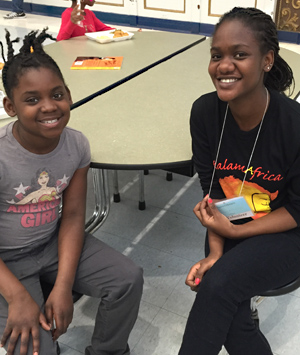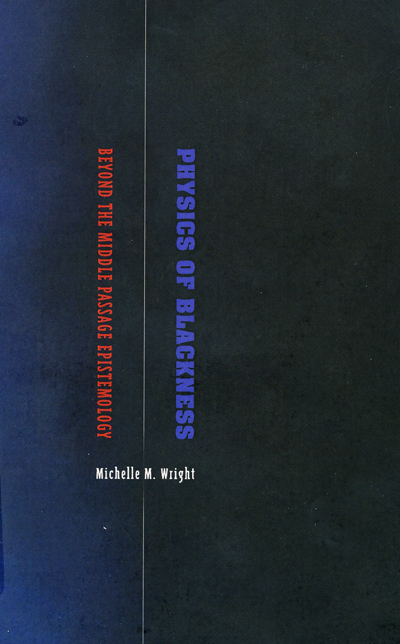
Two Kalamazoo College chemistry majors, Victoria Osorio ’16 and Sarah Glass ’17, attended the annual Experimental Biology meeting in San Diego, Calif. Experimental Biology is a joint meeting of six different societies including the American Society for Biochemistry and Molecular Biology (ASBMB) as well as societies for physiology, nutrition, pharmacology, pathology, and anatomy. “The meeting is a great opportunity for students to present their work and attend a variety of engaging scientific talks,” says Laura Furge, the Roger F. and Harriet G. Varney Professor of Chemistry. “There were more than 15,000 scientists in attendance.”
Osorio and Glass presented results of their research as part of the Undergraduate Poster Competition and as part of the regular scientific session for ASBMB. Their presentations centered on recent work in the Furge lab with protein variants of an important human liver enzyme called CYP2D6. CYP2D6 helps the human body process drugs. The titles of the Osorio and Glass posters were, respectively, “Susceptibility of Four Human CYP2D6 Variants and One Active Site Mutant to Inhibition by the Mechanism-based Inactivator SCH 66712” and “Activity and Kinetic Characterization of Human CYP2D6 Polymorphisms with Bufuralol and Dextromethorphan.”
There were more than 225 undergraduate posters in the ASBMB competition from students across the country and from a variety of college and universities. One Grand Prize and four Honorable Mention awards were presented to students in each of the four research topic categories (proteins and enzymes / metabolism, bioenergetics, lipids and signal transduction / DNA, chromosomes, and gene regulation / cellular and developmental biology). Glass won an Honorable Mention for the “Proteins and Enzymes” category and was recognized the next day in front of an audience of hundreds of scientists, educators and students at the award lecture for outstanding contributions to education. Glass’s presentation was based on the culmination of nearly three years of research in the Furge lab; Glass will complete her SIP with Furge this summer and the lab hopes to publish the results later in 2016 along with co-author Osorio and other recent Furge lab research assistants.
After graduation, Osorio will enter the Post-baccalaureate Research Education Program at Case Western Reserve University. Glass will complete her degree in Fall 2016 (two terms early), and she plans to start graduate school in biochemistry or pharmacology in 2017.
Travel to ASBMB for Osorio and Glass was supported by a grant to Furge from the National Institutes of Health. Glass also received an ASBMB Travel Award of $500.
Next year’s Experimental Biology meeting will be in nearby Chicago, Illinois, says Furge, “and we hope to take a large group of students from the Departments of Chemistry and Biology.”















